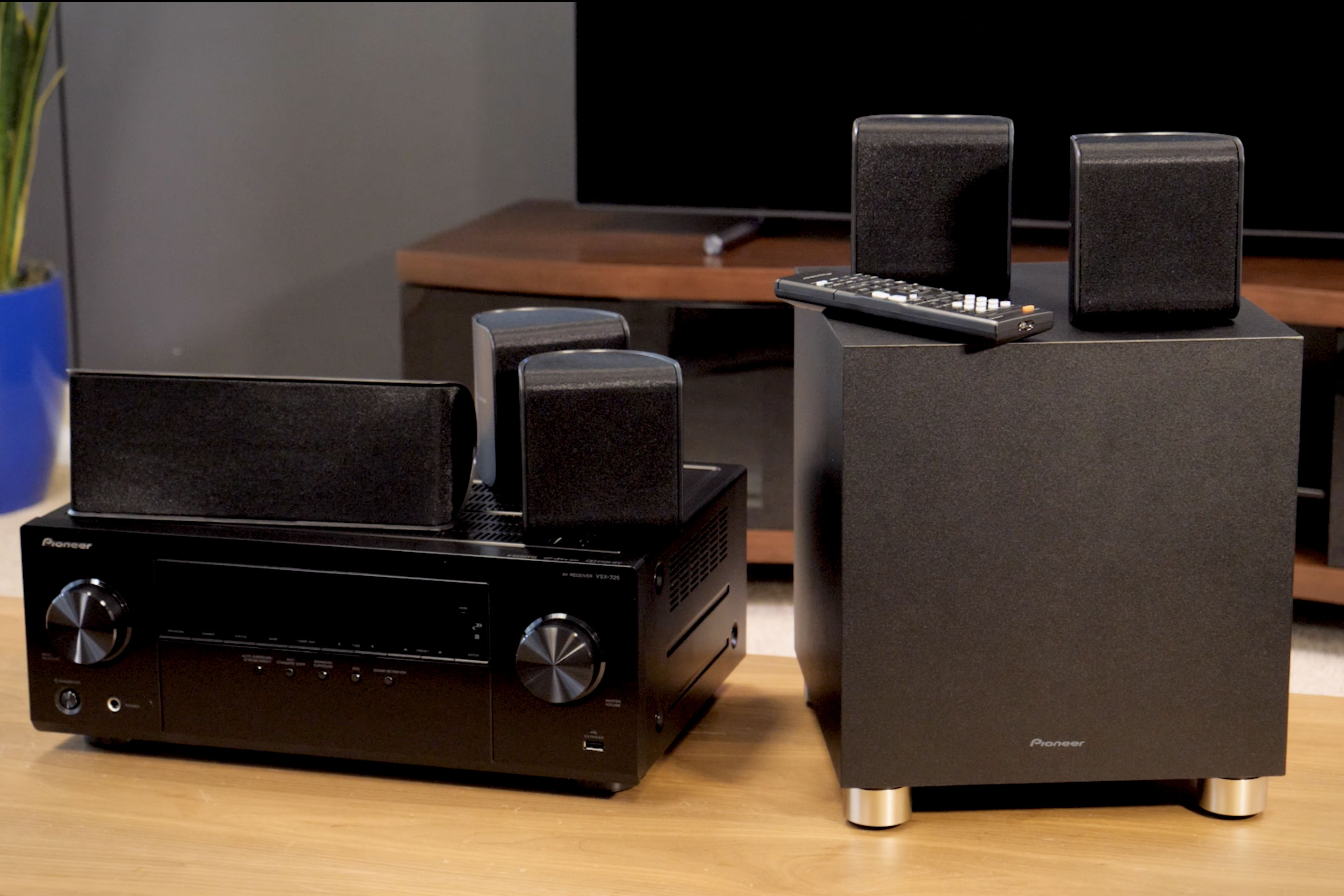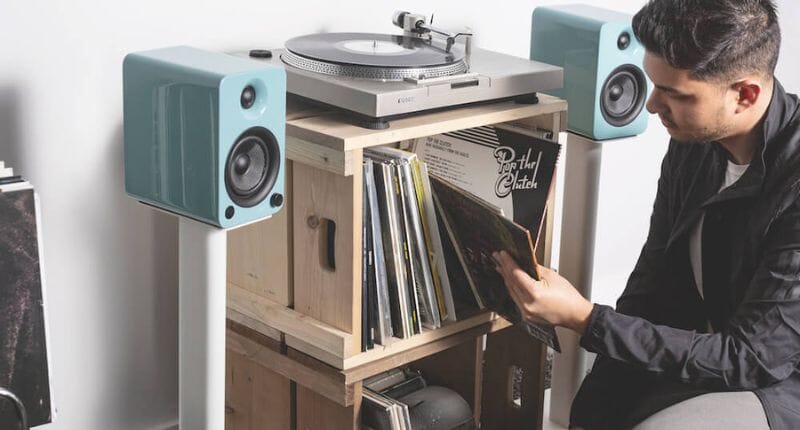In the realm of audio technology, home speakers stand as the cornerstone of an immersive listening experience. Whether you're an audiophile or simply enjoy crisp sound quality, selecting the right home speaker is pivotal. This comprehensive guide aims to navigate you through the intricate world of home speakers, ensuring you make an informed decision that resonates with your needs and preferences.
Understanding Speaker Types
The first step in your journey is to understand the different types of speakers available:
·
Bookshelf Speakers: Compact yet powerful, these speakers are ideal for smaller spaces.
Despite their size, they can deliver rich sound quality, making them perfect
for apartments or bedrooms.
·
Floor-standing
Speakers: Known for their robust performance,
floor-standing speakers offer a broader range of sound and deeper bass. They
are suitable for larger rooms and those seeking a more dynamic audio
experience.
·
Satellite Speakers: Small in size, satellite speakers are typically used in a surround
sound setup. They're great for creating an immersive experience, especially in
home theaters.
·
Subwoofers: Specializing in low frequencies, subwoofers add depth to your
audio. They are essential for a balanced sound in any home theater system.
Key Features to Consider
When choosing a home speaker, several features are crucial:
·
Sound Quality: Look for speakers that provide clear, detailed sound at various
volume levels. A good balance of bass, midrange, and treble is essential.
·
Power Handling: This refers to how much power a speaker can handle. If you have a
powerful amplifier, ensure your speakers can handle its output.
·
Sensitivity: Sensitivity measures how effectively a speaker converts power into
sound. Higher sensitivity means more sound output at a given power level,
leading to better efficiency and clarity.
·
Impedance: This refers to the speaker's resistance to the electrical signal
from the amplifier. Common impedances are 4, 6, and 8 ohms. Match the impedance
of your speakers to your amplifier for optimal performance.
·
Connectivity: Consider how the speakers will connect to your audio system.
Options include wired connections like RCA, XLR, or wireless technologies like
Bluetooth and Wi-Fi.
Brand and Budget Considerations
·
Renowned Brands: Opting for speakers from reputable brands can often guarantee
better quality and customer support. Brands like Bose, Sonos, and Klipsch have
established themselves as leaders in the industry.
·
Budget: Home speakers come in a wide range of prices. Determine your budget
beforehand and look for the best quality within that range. Remember, higher
price doesn't always mean better quality.
Placement and Room Acoustics
The placement of speakers can significantly affect sound
quality. Consider these tips:
·
Room Size: Larger rooms might require more powerful speakers or additional
satellite speakers to fill the space with sound.
·
Speaker Positioning: Position your speakers at ear level and angle them towards your
listening area for the best soundstage.
·
Room Acoustics: Hard surfaces can reflect sound, while soft materials absorb it.
Adjusting room furnishings and adding acoustic panels can enhance sound
quality.
Future-Proofing Your Purchase
·
Smart Features: Look for speakers with smart features like voice control and
compatibility with home automation systems.
·
Expandability: If you plan to upgrade your system in the future, choose speakers
that can be easily integrated with additional components.
Final Thoughts
Investing in the right home speakers can transform your
audio experience. Take the time to research, listen, and choose speakers that
meet your specific needs. With the right selection, you'll enjoy years of
high-quality sound in the comfort of your home.



Comments
Post a Comment